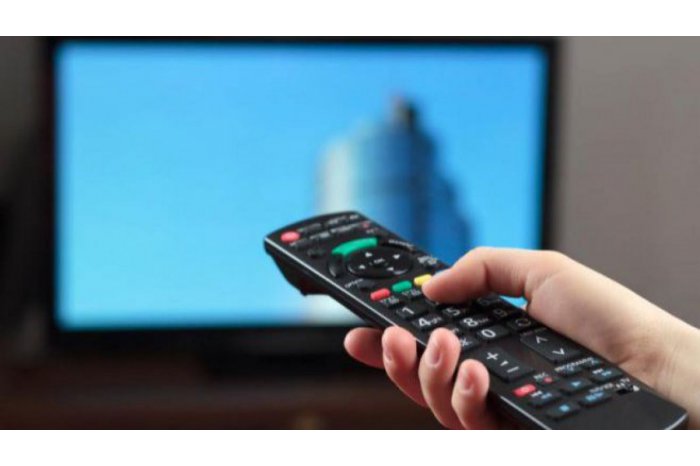Moldovan parliament maintained vote on draft new Audiovisual Media Services Code
12:03 | 08.11.2018 Category: Social
Chisinau, 8 November /MOLDPRES/- The draft of the new Audiovisual Media Services Code of Moldova was re-voted today after being rejected by President Igor Dodon. The document was supported by 53 MPs of those present at the plenary session.
The new code will be sent again to the president for promulgation.
The document sets that the budget of the national public media service provider will be made up of subsidies from the state budget and own revenues. The subsidies from the state budget will be established annually in the state budget law, representing the volume of subsidies from the state budget for the previous year, indexed with the consumption price index of the last full budget year.
The media service provider's own revenues will come from amounts collected from audiovisual communications broadcast during events of major importance, from carrying out the object of activity, including income from the sale of programs or copyrights from co-productions, sponsorship and other legal income. The budget execution report will be presented annually by the director general of the institution, will be approved by the Supervisory Board and made public on the institution's website.
The new Code provides for a number of regulations on the principles of audiovisual communication, under which all media service providers must operate, including: freedom of expression, editorial independence, ensuring fair information, protection of minors and persons with disabilities, gender balance, protection of the national broadcasting space, transparency of property, access to major events, protection of journalists, right to reply.
Separate chapters refer to the organization and operation of linear media services, the mission of media service providers, the functioning of the national public service provider, Community providers of sound broadcasting services, media service distributors, the organization of non-linear audiovisual media services, audiovisual commercial communications and the Broadcasting Council.
The draft code was submitted to public debates, attended by MPs, experts, members of CCA, journalists, civil society and international organisations. It was sent for expertise to the Council of Europe, EU and OSCE. The document was worked out by national and international experts, as well as representatives of civil society within the working group on better media legislation.
(Reporter A. Zara, editor M. Jantovan)

